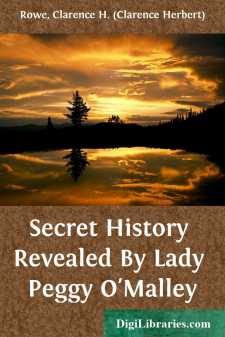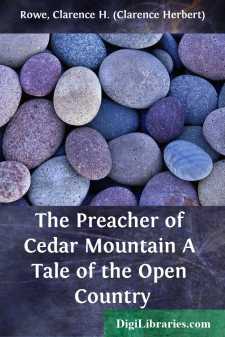Categories
- Antiques & Collectibles 13
- Architecture 36
- Art 48
- Bibles 22
- Biography & Autobiography 813
- Body, Mind & Spirit 142
- Business & Economics 28
- Children's Books 17
- Children's Fiction 14
- Computers 4
- Cooking 94
- Crafts & Hobbies 4
- Drama 346
- Education 46
- Family & Relationships 57
- Fiction 11829
- Games 19
- Gardening 17
- Health & Fitness 34
- History 1377
- House & Home 1
- Humor 147
- Juvenile Fiction 1873
- Juvenile Nonfiction 202
- Language Arts & Disciplines 88
- Law 16
- Literary Collections 686
- Literary Criticism 179
- Mathematics 13
- Medical 41
- Music 40
- Nature 179
- Non-Classifiable 1768
- Performing Arts 7
- Periodicals 1453
- Philosophy 64
- Photography 2
- Poetry 896
- Political Science 203
- Psychology 42
- Reference 154
- Religion 513
- Science 126
- Self-Help 84
- Social Science 81
- Sports & Recreation 34
- Study Aids 3
- Technology & Engineering 59
- Transportation 23
- Travel 463
- True Crime 29
Raw Gold A Novel
Description:
Excerpt
CHAPTER I.
THE LONG ARM OF THE LAW.
How many of us, I wonder, can look back over the misty, half-forgotten years and not see a few that stand out clear and golden, sharp-cut against the sky-line of memory? Years that we wish we could live again, so that we might revel in every full-blooded hour. For we so seldom get the proper focus on things until we look at them through the clarifying telescope of Time; and then one realizes with a pang that he can't back-track into the past and take his old place in the passing show.
Would we, if we could? It's an idle question, I know; wise men and musty philosophers say that regrets are foolish. But I speak for myself only when I say that I would gladly wheedle old, gray-bearded Tempus into making the wheels click backward till I could see again the buffalo-herds darkening the green of Northwestern prairies. They and the blanket Indian have passed, and the cowpuncher and Texas longhorns that replaced them will soon be little more than a vivid memory. Already the man with the plow is tearing up the brown sod that was a stamping-ground for each in turn; the wheat-fields have doomed the sage-brush, and truck-farms line the rivers where the wild cattle and the elk came down to drink.
It was a big life while it lasted—primitive, exhilarating, spiced with dangers that added zest to the game; the petty, sordid things of life only came in on the iron trail. There was no place for them in the old West, the dead-and-gone West that will soon be forgotten.
I expect nearly everybody between the Arctic Circle and the Isthmus of Panama has heard more or less of the Northwest Mounted Police. They're changing with the years, like everything else in this one-time buffalo country, but when Canada sent them out to keep law and order in a territory that was a City of Refuge for a lot of tough people who had played their string out south of the line, they were, as a dry old codger said about the Indian as a scalp-lifter, naturally fitted for the task. And it was no light task, then, for six hundred men to keep the peace on a thousand miles of frontier.
It doesn't seem long ago, but it was in '74 that they filed down the gangway of a Missouri River boat, walking as straight and stiff as if every mother's son of them had a ramrod under his tunic, and out on a rickety wharf that was groaning under the weight of a king's ransom in baled buffalo-hides.
"Huh!" old Piegan Smith grunted in my ear. "Look at 'em, with their solemn faces. There'll be heaps uh fun in the Cypress Hills country when they get t' runnin' the whisky-jacks out. Ain't they a queer-lookin' bunch?"
They were a queer-looking lot to more than Piegan. Their uniforms fitted as if they had grown into them; scarlet jackets buttoned to the throat, black riding-breeches with a yellow stripe running down the outer seam of each leg, and funny little round caps like the lid of a big baking-powder can set on one side of their heads, held there by a narrow strap that ran around the chin. But for all their comic-opera get-up, there was many a man that snickered at them that day in Benton who learned later to dread the flash of a scarlet jacket on the distant hills.
They didn't linger long at Benton, but got under way and marched overland to the Cypress Hills. On Battle Creek they built the first post, Fort Walsh, and though in time they located others, Walsh remained headquarters for the Northwest so long as buffalo-hunting and the Indian trade endured. And Benton and Walsh were linked together by great freight-trails thereafter, for the Mounted Police supplies came up the Missouri and traveled by way of long bull-trains to their destination; there was no other way then; Canada was a wilderness, and Benton with its boats from St....





